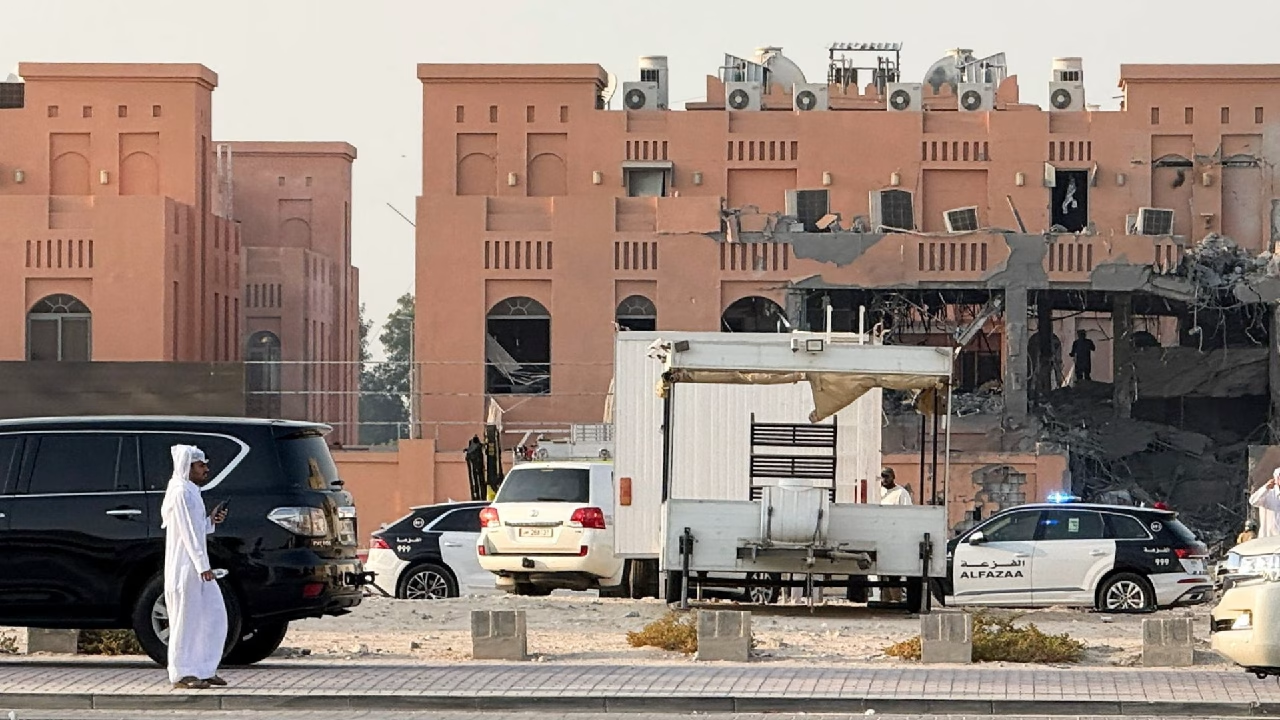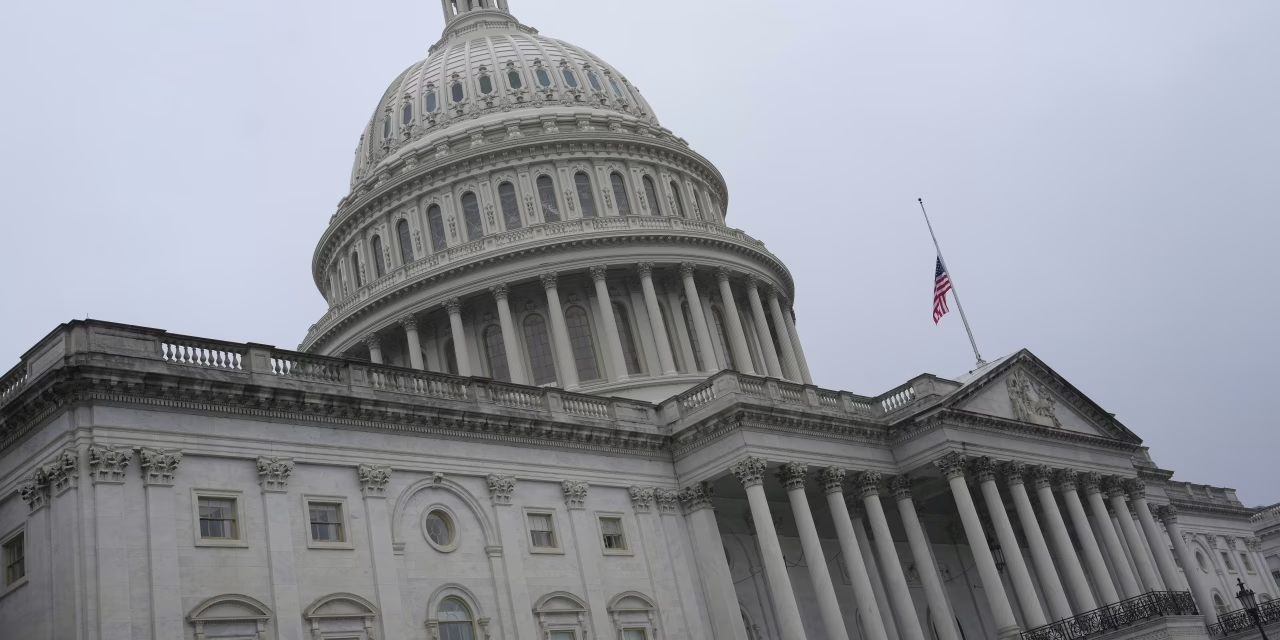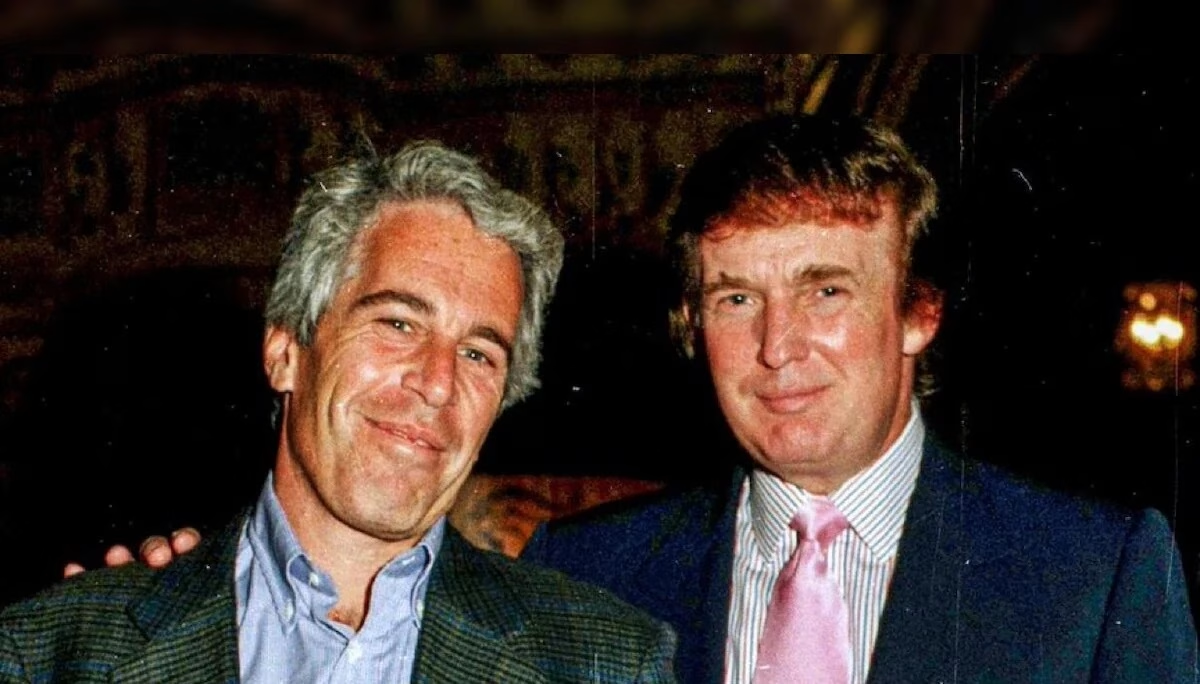By Jane Lewis & Ben Emos | Wednesday, September 10, 2025 | 4 min read
Tensions escalated this week after a sudden Israeli strike in Qatar caught Washington by surprise, prompting questions about whether Prime Minister Benjamin Netanyahu’s timing was aimed at deflecting attention from recent controversies surrounding President Donald Trump. According to U.S. officials, Trump was informed of the operation only minutes before it began—and not by Israel directly. Instead, the warning came from Gen. Dan Caine, Chairman of the Joint Chiefs of Staff.
Trump immediately directed White House special envoy Steve Witkoff, who maintains close ties with Qatari leadership, to alert officials in Doha. But by the time Witkoff made contact, the strike was already underway, a U.S. source told CNN.
The circumstances are especially notable given that Witkoff had met with Netanyahu’s senior adviser Ron Dermer just days earlier, with no mention of the pending attack. For some in Washington, the explanation that Qatar should have somehow anticipated the strike appears unconvincing and raises suspicions of deeper coordination behind the scenes.
On Tuesday evening, Trump weighed in on the developments, telling reporters: “I’m not thrilled about the whole situation. It’s not a good situation. But I will say this—we want the hostages back, but we are not thrilled about the way that went down.” He added that a more detailed statement would be released the following day.
His remarks raised eyebrows in Washington. By echoing Netanyahu’s long-standing line on hostages, critics argue Trump’s comments suggest prior coordination rather than genuine frustration. The disconnect between his stated anger and his choice of words has fueled speculation about whether the White House was more in sync with Israel’s actions than it initially let on.
From a broader perspective, some observers suggest that Netanyahu may have calculated the timing of the strike to serve a dual purpose: weaken Hamas’s presence in Qatar while also shifting public attention away from Trump’s recent Epstein birthday card controversy. As one senior official noted, Trump being “out of the loop” may have even served both men interests. The global media focus has now turned to the dramatic bombing in Doha, rather than the Birthday Card Controversy, creating a convenient distraction.
The strike targeted residential buildings reportedly housing members of Hamas’s political bureau. Hamas has long maintained offices in Qatar as a base outside of Gaza, making the city a sensitive target. Qatar’s foreign ministry confirmed the bombing hit areas where several Hamas officials lived, amplifying regional tensions.
Trump’s team was quick to clarify that he had directed Witkoff to contact the Qataris immediately. But Qatari officials insist they were not warned until bombs were falling. Trump later posted an update on Truth Social, emphasizing that while the call had been made, it was “unfortunately too late to stop the attack,” and reiterating that the decision to strike was solely Netanyahu’s, “not a decision made by me.” This pointedly reflected Trump’s frustration that Israel acted without considering U.S. diplomacy or his goals for the region.
The events highlight the delicate balance Trump has tried to maintain in Middle East diplomacy. His relationship with Netanyahu, though often described as close, has been marked by frustration when Israeli actions sidestepped U.S. oversight. The White House response to the Qatar strike was carefully worded, aiming to distance Trump from the Israeli decision while avoiding a public rupture with an important ally.
Trump has been blindsided by Israeli operations before. In July, strikes in Damascus took him by surprise, and earlier in the year, he expressed frustration after Israel struck a Catholic church in Gaza. What makes this incident different is the location: Qatar. Trump visited the country in May, becoming the first sitting U.S. president to do so, and highlighted military cooperation during a stop at al-Udeid Air Base. Qatar has also cultivated Trump personally, gifting the U.S. a luxury Boeing 747 intended for Air Force One.
From a purely strategic angle, some analysts argue that Netanyahu’s timing was politically shrewd. By moving ahead without formally briefing Trump—a claim many find difficult to accept—the Israeli prime minister guaranteed that headlines zeroed in on the bombing in Qatar. The strike not only dominated international coverage but also shifted attention away from the controversy over Trump’s Epstein birthday card, at least temporarily muting that story in the news cycle.
Whether intentional or not, the Qatar strike underscores the complexities of Middle East diplomacy and the unpredictable consequences of actions taken by allies without coordination. For Trump, it was a reminder that even old friends can act in ways that shift the narrative entirely—sometimes to his disadvantage, sometimes at least to his media relief.






